American Loggers Council Requests Additional PATHH Funding
The American Loggers Council, and the timber industry that we represent, is extremely appreciative of the PATHH program assistance. The program received bi-partisan support in Congress and has also been supported by the Administration. Unfortunately, the program application process has also revealed the extent of economic loss and need within the timber industry sector, with eligible requests ($385 million) exceeding available funding ($200 million) by nearly double. Therefore, the American Loggers Council respectfully requests a supplemental appropriation of $185 million to meet Congress’ full intended level of assistance to the timber harvesters and haulers sector.
This unmet need forced the United States Department of Agriculture, Farm Service Agency, to adjust the original formula to a point where in many cases the amount of financial assistance was reduced to less than half of what the applicant would have been eligible for. As an example, an applicant that would have been eligible, based on their gross income loss multiplied by 80% (original formula) for $180,000 would have been limited to a maximum award of $125,000. The new formula, due to the excess request for assistance, limited the maximum to $75,000 and then applies a multiplier of 70.5% to that figure resulting in a maximum limit of $52,875. This is 42% of the originally announced assistance level that timber harvesters and haulers expected would be provided to them in late 2021.
This level of need is evidence of the economic impact that the COVID-19 Pandemic has had on the American timber industry. Multiple economic analysis reports indicated that the loss to timber harvesters and haulers exceeded $1 billion. Congress recognized that timber harvesters and haulers had been left out of prior pandemic relief programs by appropriating $200 million. Now that the real economic need has been verified, and to meet the intent of Congress in providing adequate assistance to this vital industrial sector, a supplemental appropriation of $185 million (as per Farm Service Agency data) needs to be appropriated.
When other industry specific COVID relief programs had demand that exceeded resources, additional funding was provided. As an example, when the fishing industry received $300 million in 2020 from the Coronavirus Aid, Relief, and Economic Security Act (CARES Act) it turned out to be much less than needed. In 2021, an additional $225 million was allocated in the Consolidated Appropriations Act for the fishing industry. Currently Congress is considering an additional $68 billion for small businesses such as restaurants that received $28.6 billion through the Restaurant Revitalization Fund, which was quickly depleted before many restaurants received any assistance.
The objective of the PATHH program was to preserve the logging and trucking infrastructure until the effects of the pandemic were no longer a factor. This is a critical objective to avoid a collapse of the infrastructure which will otherwise prove difficult to rebuild.
The success of the PATHH program was the direct result of Congressional / Administration leadership, and the public / private sector partnership in developing the program. As the first time that the timber industry has been recognized within the agricultural sectors and provided assistance, the PATHH program was an historic and unprecedented success. Supplemental funding to match the eligible demand will ensure that the PATHH program accomplishes the objective and provides the level of support necessary to weather the ongoing challenges of the pandemic.
